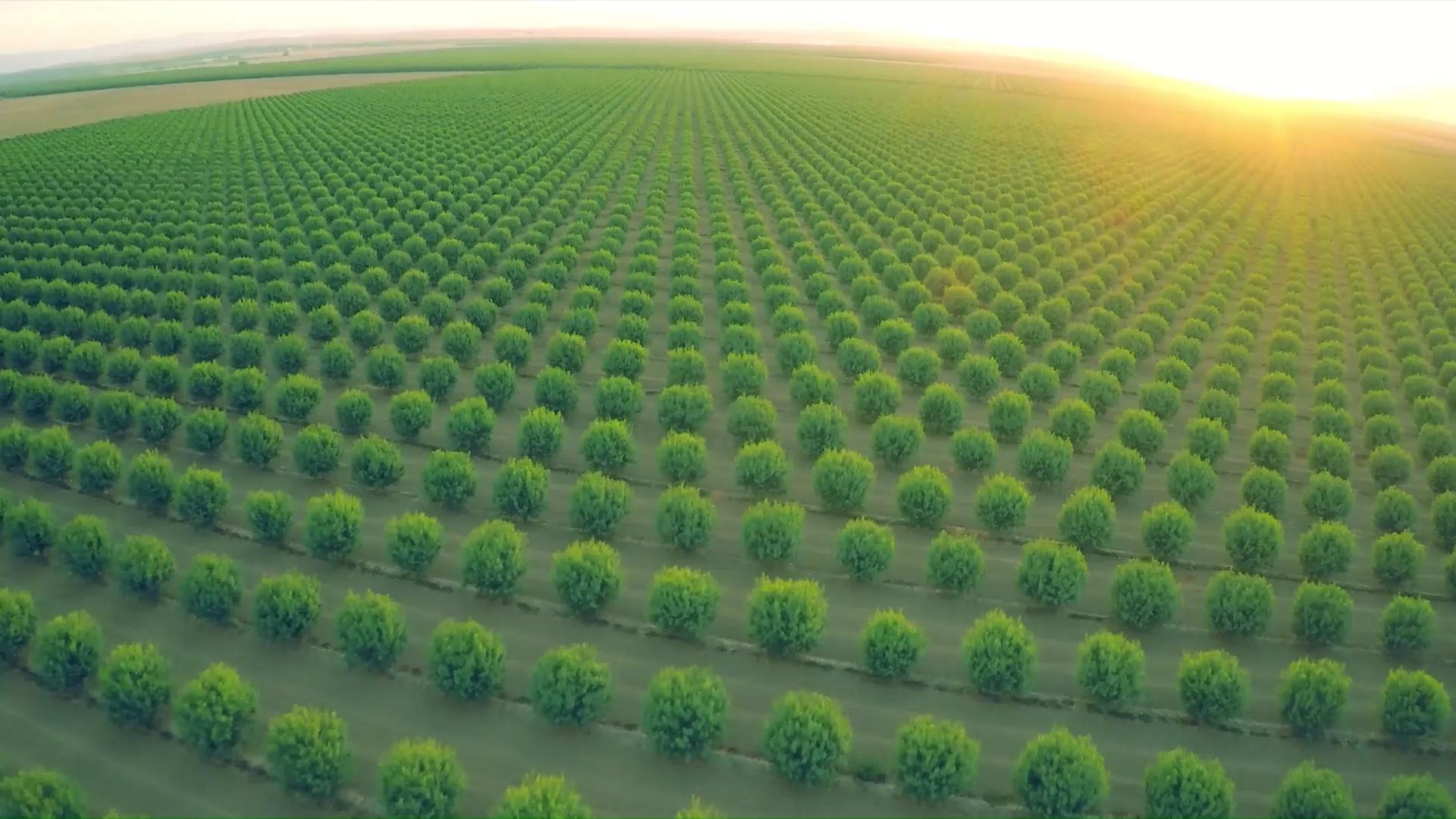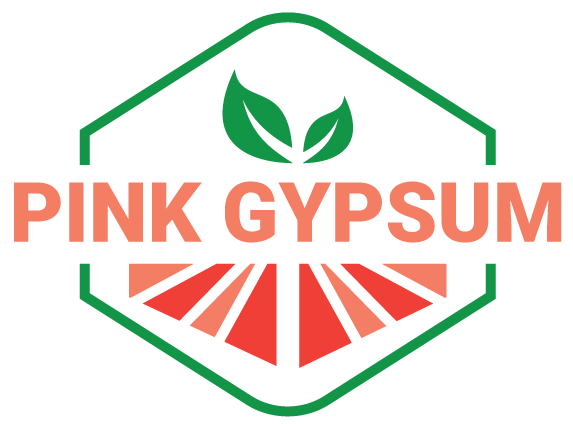Regular use of gypsum is essential to the sustainability of most irrigated soils. It has been used as a soil amendment and fertilizer for over 200 years.
Gypsum is calcium sulfate. The most common form of it is the dihydrate which means that each molecule of calcium sulfate has two water molecules associated with it.
The plaster of Paris used commercially has only one-half water and another form called gypsum anhydrite has no water. Much of the gypsum used in agriculture is mined and then pulverized to desirable particle sizes. Gypsum is also a by-product of various manufacturing operations. For many reasons, gypsum can be a farmer’s best friend.












Sign up for news and updates from us!
